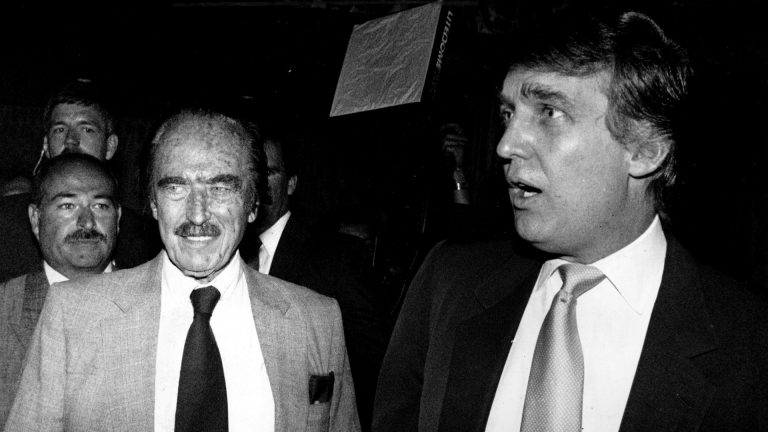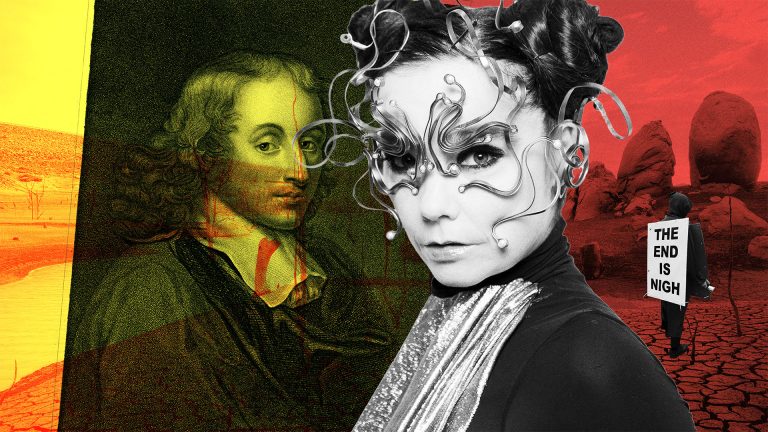
It seems to me that certain Brexit supporters presume that they have first dibs on patriotism: an automatic unchallenged monopoly when it comes to being proud to be British; to feeling, as the dictionary definition has it, ‘vigorous support for one’s country’?
https://twitter.com/TheNewEuropean/status/777984435568476160
In some quarters, this is commonly even unthinkingly accepted as hard incontrovertible truth. Just look at the recent fuss about audience members opting to wave European flags during the Last Night of the Proms. Considering the commotion caused by this gentle respectful display, anyone would have thought that pro-Europeans had threatened to twirl their Y-fronts and cami-knickers in the air, climaxing in a collective moon at the orchestra and conductor.
Elsewhere, the lopsided patriotism-narrative persists to a degree that benefits neither side.
The Remain camp are portrayed as hating Britain, and despising British people – all British people, living and dead, throughout all time, with no exceptions. They’re traitors who spend every night, wrapped in EU flags, watching Scandi-noir box sets, snootily rejecting all art and culture that doesn’t involve subtitles. They refuse to do ‘quintessentially British’ things such as eat fish and chips from newspaper, quote from Shakespeare, clap politely during cricket matches on village greens, delight in royal weddings, or ride through picturesque villages on heavy iron bicycles with baskets on the front, solving murders in vicarages.
By contrast, runs the polarising rationale, supporters of Brexit are flag-waving diehards, devotees of Queen and country, determined to ‘back GB’ until the last plaintive bugle call/final unfurling of the flag/insert vague mawkish military (preferably colonial) imagery of your choice here. Brexit-voters won’t eat ‘foreign muck’, and when forced to holiday abroad, they bravely refuse to use sun-screen, burning to a scarlet crisp beneath their knotted hankies and/or jaunty boaters. Blah blah Vera Lynn… Blah blah bread and dripping… Blah blah 1966 World Cup … Blah blah Downton Abbey … Blah blah Morris Dancers… Blah blah Hovis adverts … Blah blah, bleugh … Of course, I’m just messing about, ramping up the stereotypes inflicted upon both camps, in a way neither side wishes, nor deserves. However, the central plank, the principle fallacy persists – that it’s only Brexit voters who could lay claim to being ‘patriotic’ in any meaningful sense. Thus, it’s been cast in stone: Remain voters are categorised as having no deep love for Britain, nor that much interest in being British, only valuing being ‘part of Europe’, to the point of despising the very concept of patriotism as something that ‘little’ simple unintelligent people do. With respect, what a crock.
Perhaps it’s the circles that I move in, but I’ve yet to come across a Remain voter who hates, despises or takes for granted British people, British values, or British culture. One day I may come across these near-mythical pro-Europeans who eye their countrymen and women with intense and sustained contempt, but the smart money says that I’ll stumble upon the Loch Ness Monster first.
The confusion seems to lie in what patriotism actually means to any given individual. For some it may be close to the accepted textbook definition (Flags! Monarchy! National anthems!), which at worst, risks becoming entrenched in jingoism and all that drear. However, I suspect that, for many others, like myself, be they Brexit or Remain, patriotism is far from being a one-size-fits-all concept. On the contrary, it’s the very definition of ‘bespoke’, a strange and wayward jumble of thoughts, emotions, hopes, amusements, dramas, tragedies, loyalties, images, sensations, memories, instincts and inconsistencies that exist on a plane that can be both of (i)and(i) beyond flags and pageantry.
Personally, I’d say that I was above averagely patriotic, but usually in odd ways, about bizarre things, with skewed angles, and with weird gaping holes where some might insist the royal family should be. Such is my flat-lining indifference towards British royalty that I’m frequently confused when anyone starts trilling about ‘Kate’. (‘Kate who?’). Drag me to the Tower and try me for treason, if you must, but I simply couldn’t care less about royal weddings, births, or which high street fashion label ‘Kate’ has deigned to wear on this or that royal engagement.
At the same time, my particular brand of bespoke patriotism takes Remembrance Sunday very seriously. My grandfather fought at Dunkirk (returning shell-shocked), and I grew up in an area surrounded by RAF bases, attending school with many RAF kids – a random combination of influences that indelibly humanised the ceremony and the honouring of the dead far beyond the rights and wrongs of individual wars. Moreover, while the imagery and spirit of the First World War and World War II appear to have been mysteriously (and unsubtly) appropriated by the Brexit camp, it seems inconceivable that Remain voters have been sitting at home, thinking: ‘Ah, the heroic fight against the rise of fascism and Nazism – I’m totally against that.’
At the other extreme, I feel a ridiculous surge of patriotism whenever I hear anything from the Coronation Street theme tune (Britain boasts the best-written, best-acted soap in the world – what’s not to feel patriotic about?) to (oh the irony) God Save The Queen by The Sex Pistols. The same applies to myriad other aspects of our stubbornly vital (or indeed vitally stubborn) culture. I love the fact that Britain gave the world punk and football, and everything and everyone in between, in and around the sprawling worlds of music, art, literature, fashion, and wider culture. I’m weirdly patriotic about the fact that (for my money) one of the greatest film comedies of all time, Spinal Tap, featured American actors poking fun at the British (British!) rock/metal subgenre. In the future, when all seems hopeless and lost, never forget that Nigel Tufnel is ‘our creature’ as much as is Iain Duncan Smith.
Then of course, there’s British sport, although there it seems that even the staunchest patriot of any stripe must remain a realist. In this way, I feel patriotic about the achievements of someone like Bradley Wiggins, but I’m also patriotic about British underachievement, not least in the arena of international football – specifically that pathetic but somehow touching tic that Britons have of persistently drawing attention to a World Cup win that occurred over half a century ago (who’s counting, right?).
I also feel righteously patriotic about the British sense of humour – that curious blend of dryness, deflation, and outright snark that’s irritated offended and confused much nicer far more cultured people from all over the world. ‘Oh I just love that British sense of humour’ they cry, with bored glittering eyes. Just kidding, humour is our greatest export. It’s not just what’s said, but also the wildly unjustifiable amounts of time-wasting that goes into saying it. There was a time not so long ago when it seemed as though the entire country downed tools for several days to make gags about David Cameron and a certain farmyard animal. It simply had to be done – it was a national piss-taking emergency. In Britain, lack of humour still remains a far greater social crime than lack of success (only topped by attempting to duck your round in the pub) – if that’s not something to be patriotic about, then what is?
In this way, and so many others, the Brexit camp shouldn’t be allowed to keep owning the national conversation about patriotism. It could be that pro-Europe Britons are far from unpatriotic, they just disagree with the old fashioned Brexit-definition. It could also be that for them patriotism is not negated but defined by Britain as a thriving stable important part of Europe.
For me, one of the greatest, saddest ironies of Brexit, and the vile displays of xenophobia and racism it conjured in the immediate aftermath, was that one of the biggest, most serious things I was always patriotic about was our (relatively) harmonious assimilation of different races and cultures. Speaking personally, Brexit did not expose this Remain voter’s lack of love for, belief in, or support of Britain, so much as it destabilised the genuine (albeit unorthodox) sense of patriotism that was already there.
Put more simply, it broke my British heart. It would appear that, just as with beauty, patriotism is in the eye of the beholder.
—
Barbara Ellen is a columnist for The Observer. She has also written for the NME, Loaded, Marie Claire and Grazia.
Like this? Share your thoughts with us on Twitter and Facebook.








